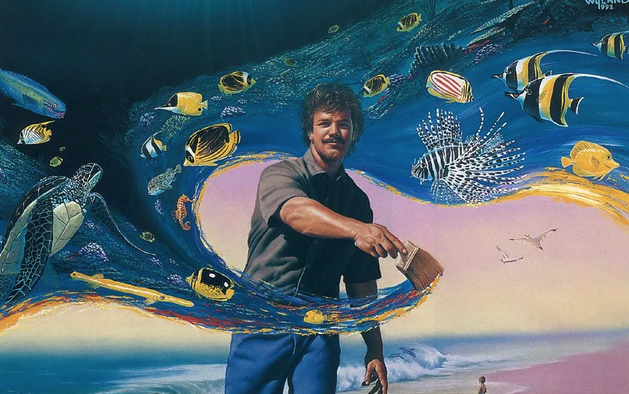NLP: Life Script
What is the main motivator of human activity?
John Grinder, the founder of NLP, explained this well during a New Code NLP seminar in Moscow (2004) when asked about the purpose of life: “The dreams, goals, and intentions we have in life are tricks to get us moving. The reason we choose a goal or try to follow a dream is that they make us move and discover new adventures and other spaces in this life. It’s like a carrot in front of a horse. We can become slaves to our own goals and dreams and forget the original intention behind all of it. This way, we miss out on the opportunity to appreciate and receive everything that comes our way on the path to that goal. I believe a good traveler moves through life noticing everything that comes to them, even unexpectedly. You might set out on a journey with a goal in mind, but along the way, you discover something even more fascinating and change your route. I’m not just answering the question about the purpose of life, but also describing one of the most successful strategies in science, which has led to many discoveries.”
What is personal reality and what limits it?
Personal reality is the accumulated information about the world—how we imagine the world based on what we know about it. It is limited by perception filters—what a person believes and allows themselves to consider. Expanding these filters and gaining new information can significantly broaden the boundaries of personal reality.
What are social norms and how do they influence behavior?
Social norms are society’s beliefs about what is allowed, what isn’t, what’s expected, and what’s customary. They directly influence behavior by creating or defining the boundaries of what’s permitted and by setting directions and preferred options for behavior that will be accepted by society. There’s nothing inherently wrong with social norms—they are “conditional rules” that people in a given society have “agreed to play by,” much like the terms of a contract.
However, living exclusively within the framework of social norms is like having a personal car that only drives on tram tracks. At the same time, driving your car without paying attention to the tram tracks isn’t the most respectful or safest way to drive either. 🙂
What is a life script and how can you change it?
Each person’s life script is embedded in their unconscious behavioral programs. From childhood, as we learn how to behave in society, we accumulate enough information about what is important and necessary in life (values and goals), what kinds of people there are (social roles), and how they behave (behavioral strategies). We choose the best (from our perspective) of these for ourselves, forming a set of roles, goals, and social behavior strategies. By mastering this wealth, we create the most successful unconscious programs available to us, which we owe for everything we have. But if we start to trust them too much and always choose them over seeking something new, they become dangerous.
Most of the turning points in our lives are predetermined—not so much by our behavior in certain situations, but by our drive to find or create those situations where we know we’ll succeed. If we refuse any other path, the success trap snaps shut, and our life script becomes even more fixed.
However, no one has taken away our freedom except ourselves. Everyone can change their life script and even learn to write it live—to improvise—in other words, to truly live. To make this possible, you need to do internal work to reorganize your unconscious programs. “Erase your personal history,” as Castaneda called it, or in NLP terms—deprogram your patterns (unconscious behavioral programs). This way, you don’t lose your old programs, but allow them to move into the background, making room for conscious awareness and freedom of choice in every moment of your life.



